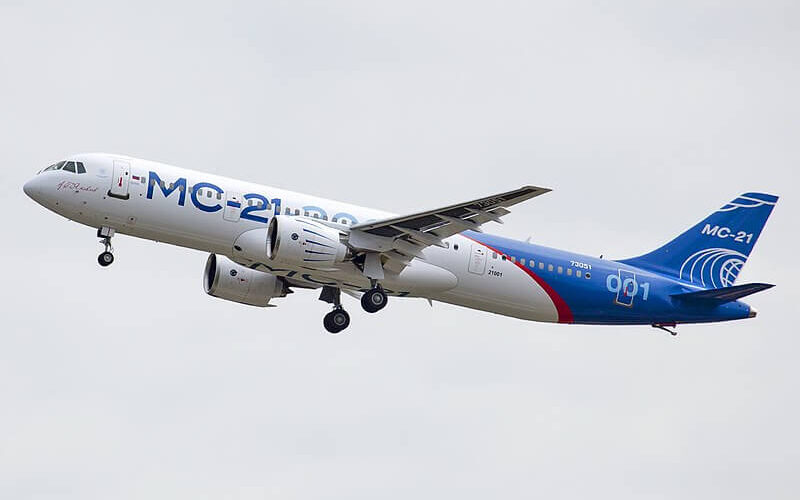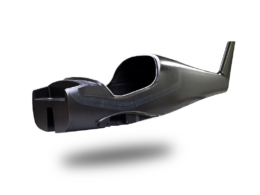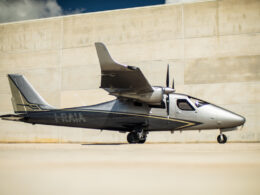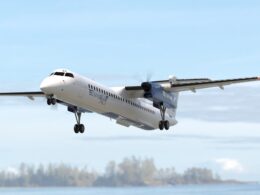In a meeting with deputy prime ministers, Russian Prime Minister Dmitri Medvedev confirmed on January 28, 2019, that the MC-21-300 program would be subsidized by the government through Rostec.
“I signed a government decree , to which we first allocate subsidies for the creation, production and support of the MC-21 aircraft,” said Medvedev, adding “we will send almost 1.6 billion rubles (about $24.24 million) for these purposes in 2019”. According to said decree, 4.11 billion rubles (about $62 million) should be allocated in 2020, and 4.81 billion rubles (about $72 million) in 2021.
This money should be used both to pay the loans taken to support the long delayed development and to buy the necessary material for the aircraft’s entry into service, namely “flight simulators for flight personnel, ground handling facilities and the creation of a spare parts warehouse”.
Medvedev emphasized on the importance of the MC-21 for the Russian aviation market which saw 10 million additional passengers in 2018. “However, the Russian fleet lacks short and medium-haul passenger aircraft, which are particularly needed on regional routes.”
This announcement logically follows the absorption of UAC, the consortium that regroups plane manufacturers such as Sukhoi, Tupolev, Irkut and Ilyushin into state-owned Rostec. At the time of the merger, on October 24, 2018, a spokesperson of Rostec announced that the government was ready to inject more than 50 billion rubles (around $760 million) into the MC-21 program by 2025. The delivery date of the aircraft has now been delayed for over three years.
Among other reasons, the American sanctions on Russia were pointed out, as they delayed the delivery of composite material to Aerocomposit (a part of UAC), responsible for the wings of the aircraft. However at the time, Rostec suggested to AeroTime that it would be able to find an alternative to its American and Japanese suppliers. During the meeting, Deputy Prime Minister Yuri Borisov precised that, by 2022 the level of indigenous parts in the MC-21 is expected to reach 97%.
To date, 122 flights have already been carried out by two prototypes. UAC expects to complete certification in the second half of 2020, with the first delivery to launch customer Aeroflot by the end of that year. Eventually, the manufacturer Irkutsk is expected to reach an output of 100 aircraft per year to meet the demands of the Russian market, according to Borisov. 175 firm orders were already placed for the aircraft, some with options.
The MC-21 is a medium-haul plane capable of carrying between 132 and 211 passengers which is currently being developed by Irkut, and should compete with the Airbus A320 and the Boeing 737, a very prized market segment.









